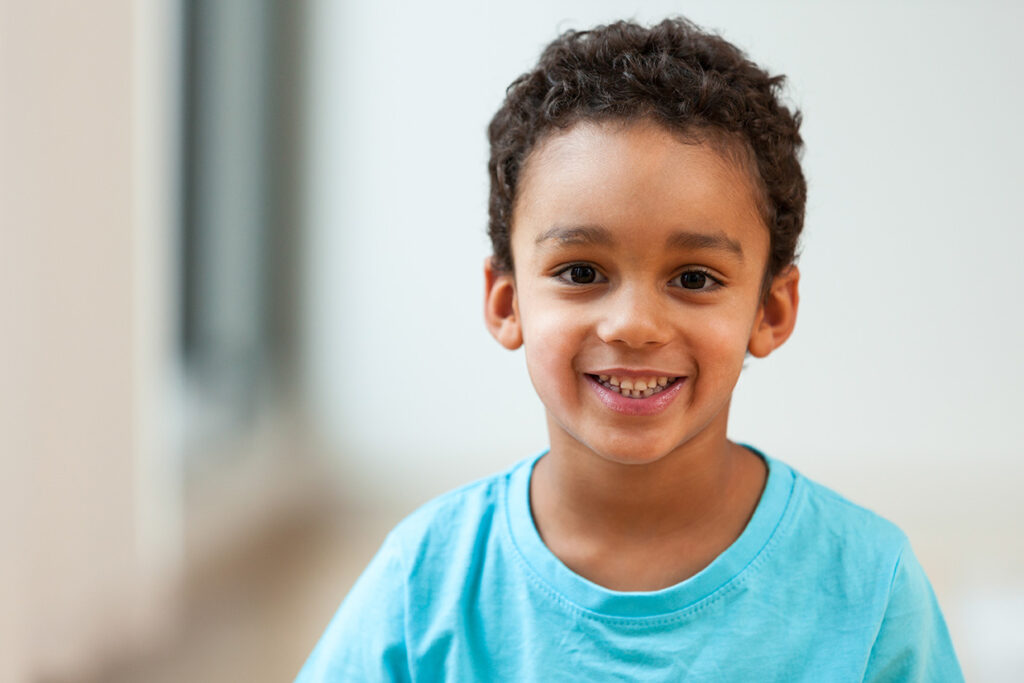Transitioning from Preschool to Kindergarten

Moving from preschool to kindergarten is a natural and exciting part of growing up. However, between creating new routines and adjusting to a new environment, the transition can be challenging for both children and parents.
One of the most effective ways to ensure a smooth transition is to talk to your child in positive ways about kindergarten. As early as spring, you can begin mentioning some of the fun things in store as early, such as meeting new friends, playing on a different playground, and visiting the school library.
Your own worries can influence your child, so try to remain upbeat even if you’re feeling anxious. Give your son or daughter reason to be confident by using enthusiastic comments like “He’s ready!” or “She’ll do great!” whenever your child is in earshot.
Reading stories about going to kindergarten can also help to set a positive tone. You’ll find many books at your public library about the excitement and fears children often experience when starting kindergarten. Some good ones include:
- First Day Jitters by Julie Danneberg
- I Love You All Day Long by Francesca Rusackas
- The Kissing Hand by Audrey Penn
- Tomorrow is the First Day of School by Maureen Macdowell
- Welcome to Kindergarten by Anne Rockwell
- When You Go to Kindergarten by James Howe
- The Night Before Kindergarten by Natasha Wing
- Kindergarten Rocks! by Katie Davis
- Miss Bindergarten Gets Ready for Kindergarten by Joseph Slate
Here are some other ways to prepare your child and yourself for the transition from preschool to kindergarten:
- Visit the school. Kindergarten orientations in the spring are a great time to meet teachers and explore the classroom and building. If you weren’t able to attend, simply drive by the school with your child and walk around the property. You may be able to schedule a brief tour before the school year begins.
- Prepare for new routines. A kindergartner’s day is very different than a preschooler’s. Nap time is often eliminated, and lunch may take place in a cafeteria filled with distractions. Your child may ride the bus or walk to school for the first time. Give your child a heads up that these changes are coming (with a positive attitude!) and practice skills like travelling to school safely and independently opening food and drink packages. Also, keep in mind that in the beginning of the school year, your kindergartner may be very tired and not eat very much of their lunch. It’s all part of adapting to the new routine.
- Get to know new schoolmates. Talk with your child about the benefits of making new friends while maintaining friendships with preschool playmates.
- Have realistic expectations of kindergarten readiness. Don’t worry if your child struggles with reading, writing, and numbers. Those skills will be taught during the year. Kindergarten readiness mostly involves social and emotional skills, such as following instructions, taking turns, and dealing with other children.
- Prepare for new ways to interact with your child’s elementary school. For some parents, leaving a carefully chosen preschool environment can feel like a loss. However, kindergarten offers many opportunities to connect to your child’s new school, such as being a room parent, a class party organizer, a PTA member, a field trip chaperone, or a volunteer lunchroom monitor.
